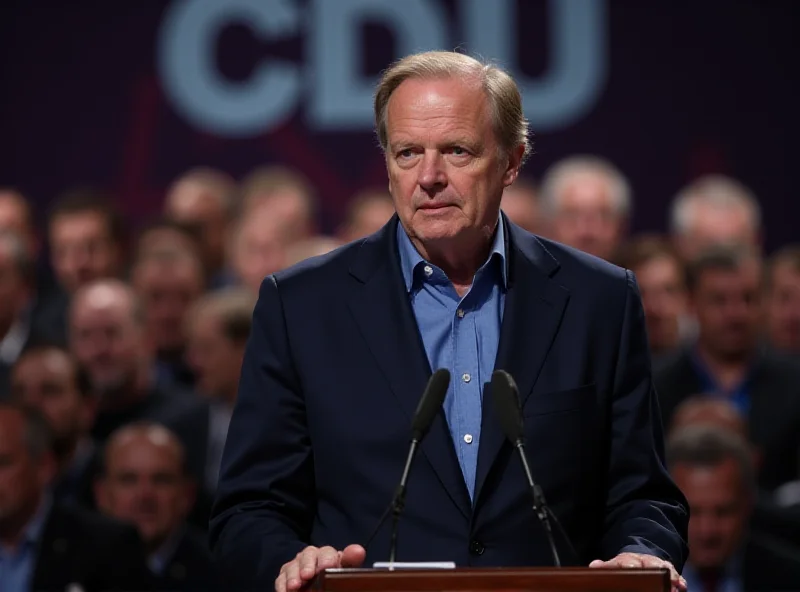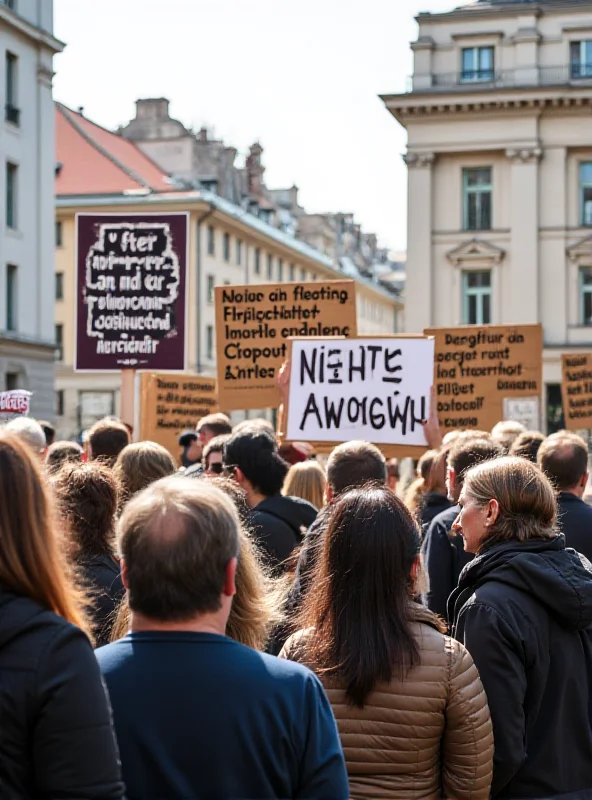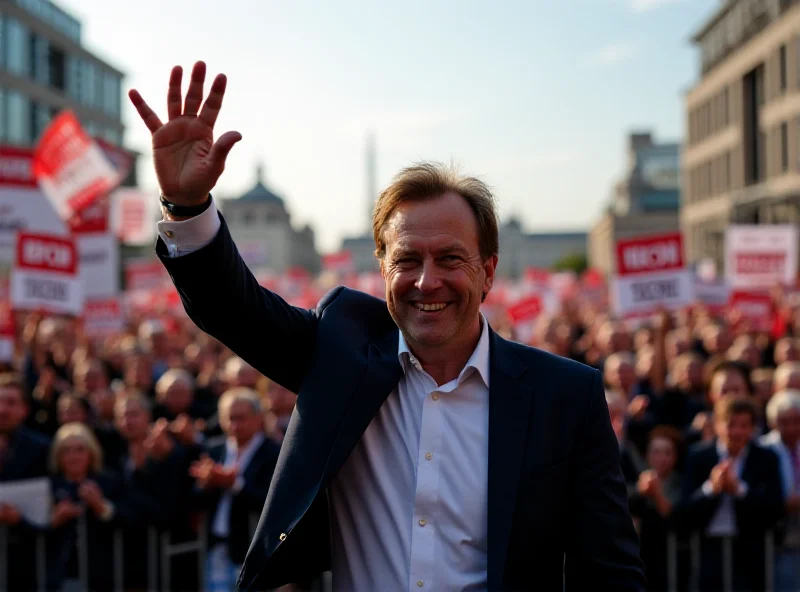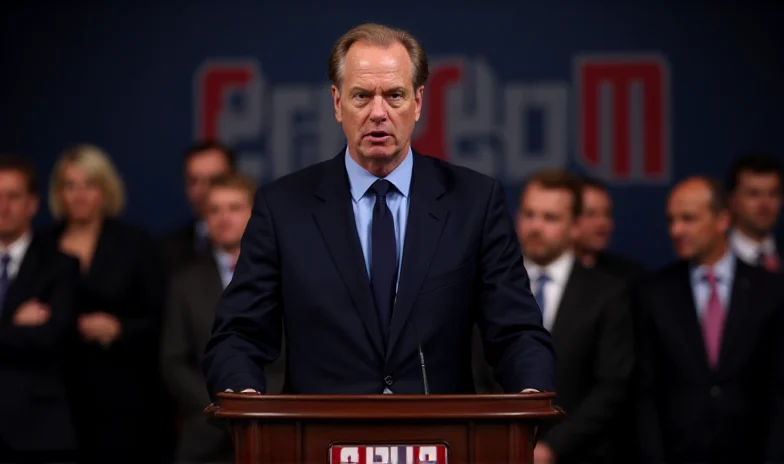Germany is currently navigating a series of significant political and defense-related challenges. Recent developments point to a nation grappling with its role in European security, internal political dynamics, and the evolving landscape of civil society.
Return of Compulsory Military Service?
The idea of reinstating compulsory military service has resurfaced in Germany, largely driven by the country's conservatives. Friedrich Merz, leader of the CDU/CSU bloc, argues that Europe must take greater responsibility for its own security, especially in light of recent geopolitical shifts. "In the era of [former US President] Donald Trump, Europe will have to better handle its own security," Merz stated, highlighting the perceived need for Germany to bolster its defense capabilities.

However, this proposal has sparked debate and raises questions about its feasibility and impact on German society. The reintroduction of compulsory service would require significant logistical and financial investments, and its effectiveness in addressing modern security threats is also under scrutiny.
Defense Spending and Political Alliances
Adding to the complexity, the Union and SPD parties have recently agreed to allocate substantial funds to defense and infrastructure. This multi-billion-dollar package aims to strengthen Germany's capabilities in these critical areas. While the agreement benefits federal states, it has drawn criticism from the FDP, highlighting the ongoing tensions and disagreements within the German political spectrum.
The details of this spending package and its long-term implications are still being debated. The allocation of resources and the potential impact on other sectors of the economy remain key concerns.
Concerns Over Civil Society
Further complicating the picture, a new investigation into NGO funding in Germany has raised concerns about a potential rightward shift in European politics. Some observers believe that German conservatives are joining forces with far-right elements to crack down on civil society. NGOs have expressed alarm, warning that these actions could undermine their ability to operate effectively and advocate for important social causes.

"We're in danger," one NGO representative stated, reflecting the growing apprehension within the sector. The investigation into NGO funding is seen by some as a sign of increasing political polarization and a threat to democratic values.
Hamburg Election and Internal Party Dynamics
The recent election in Hamburg further illustrates the complexities of German politics. Peter Tschentscher secured a victory, but it was described as "meager," with some suggesting that his predecessor, Olaf Scholz, hindered his success. The CDU continues to face challenges in Hamburg, indicating the diverse political landscape within Germany.

These various developments highlight the multifaceted challenges facing Germany. From debates over defense spending and military service to concerns about civil society and internal party dynamics, the nation is navigating a complex political landscape with significant implications for both its domestic and international roles.
